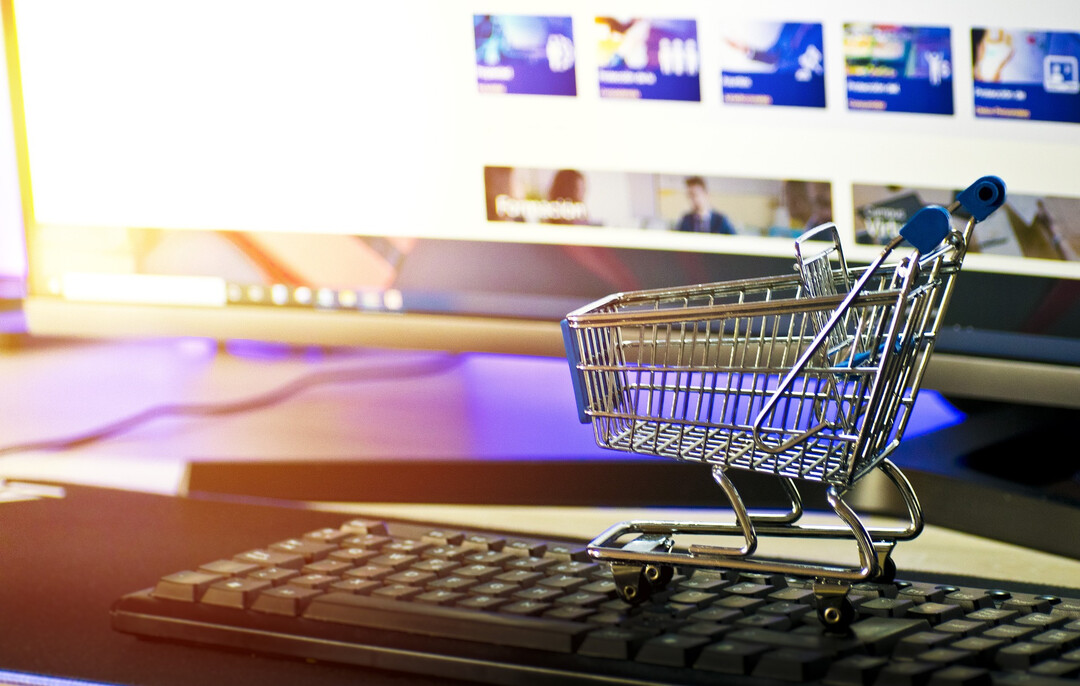
The e-commerce market in the Philippines has reached a new turning point with significantly strengthened regulations for online sellers and digital platforms. The Philippine Department of Trade and Industry (DTI) announced on June 24 that the transition period for the Internet Transactions Act of 2023 (Republic Act No. 11967) ended on June 20, bringing the act into full force. This reflects the Philippine government's strong commitment to enhancing online consumer protection and fostering a fair competitive environment.
Enhanced Regulations Increase Accountability for Sellers and Platforms
Under the newly enforced act, the DTI is granted the authority to issue immediate takedown orders for listings of illegal goods and services. Notably, digital platforms will now share joint liability with sellers if they fail to take appropriate action against illegal activities occurring within their platforms. This measure clarifies accountability in the online space and imposes a more proactive monitoring duty on platform operators.
All e-commerce platforms, including online marketplaces and retailers, must now clearly display prices, brands, descriptions, conditions, and sellers' contact information in their product listings. Furthermore, they must provide easily accessible consumer complaint mechanisms, establish secure payment systems, and adhere to strict data protection standards. These obligations aim to minimize uncertainties consumers may experience in online transactions and create a trustworthy trading environment.
Expanded Role of DTI and Strengthened Ecosystem
To monitor compliance with the law, the DTI has granted its E-Commerce Bureau the authority to issue subpoenas, compelling the submission of relevant documents during investigations. However, it clarified that the DTI's authority is ancillary to the primary jurisdiction of other regulatory agencies overseeing specific sectors. This is interpreted as an intention to promote efficient regulation through inter-agency cooperation.
The Implementing Rules and Regulations (IRR) for this act were jointly developed by multiple government agencies, including the DTI, the Department of Information and Communications Technology (DICT), the Department of Agriculture (DA), the Department of Health (DOH), the Bangko Sentral ng Pilipinas (Central Bank of the Philippines), and the National Privacy Commission. This suggests that given the wide-ranging impact of e-commerce, the relevant ministries collaborated comprehensively to create an effective law.
Specifically, this law applies to all B2B and B2C internet transactions where a party is located in the Philippines, or where the digital platform, e-retailer, or online seller utilizes the Philippine market and has minimum contacts. This means that even businesses based overseas can be subject to regulation if they operate in the Philippine market, preventing evasion of responsibility and promoting fair competition.
Developing 'Philippine E-Commerce Trustmark' to Build Consumer Confidence
The DTI is also developing the "Philippine E-Commerce Trustmark," which will be awarded to online businesses that comply with the law and are deemed trustworthy. This trustmark is expected to help consumers easily identify safe and verified online stores. This initiative is projected to enhance the overall trustworthiness of the Philippine e-commerce market and have a positive impact on both consumers and sellers.
The full implementation of the Internet Transactions Act represents a significant step for the Philippines in ensuring consumer protection and market integrity in the rapidly growing digital economy. Ultimately, this will create an environment where Filipino consumers can shop online with greater confidence and where legitimate local businesses and small and medium-sized enterprises can grow, protected from unfair competition.
[Copyright (c) Global Economic Times. All Rights Reserved.]






























